
Mastering the Art of Lateral Flow: Navigating the Path to Success through Consulting Services
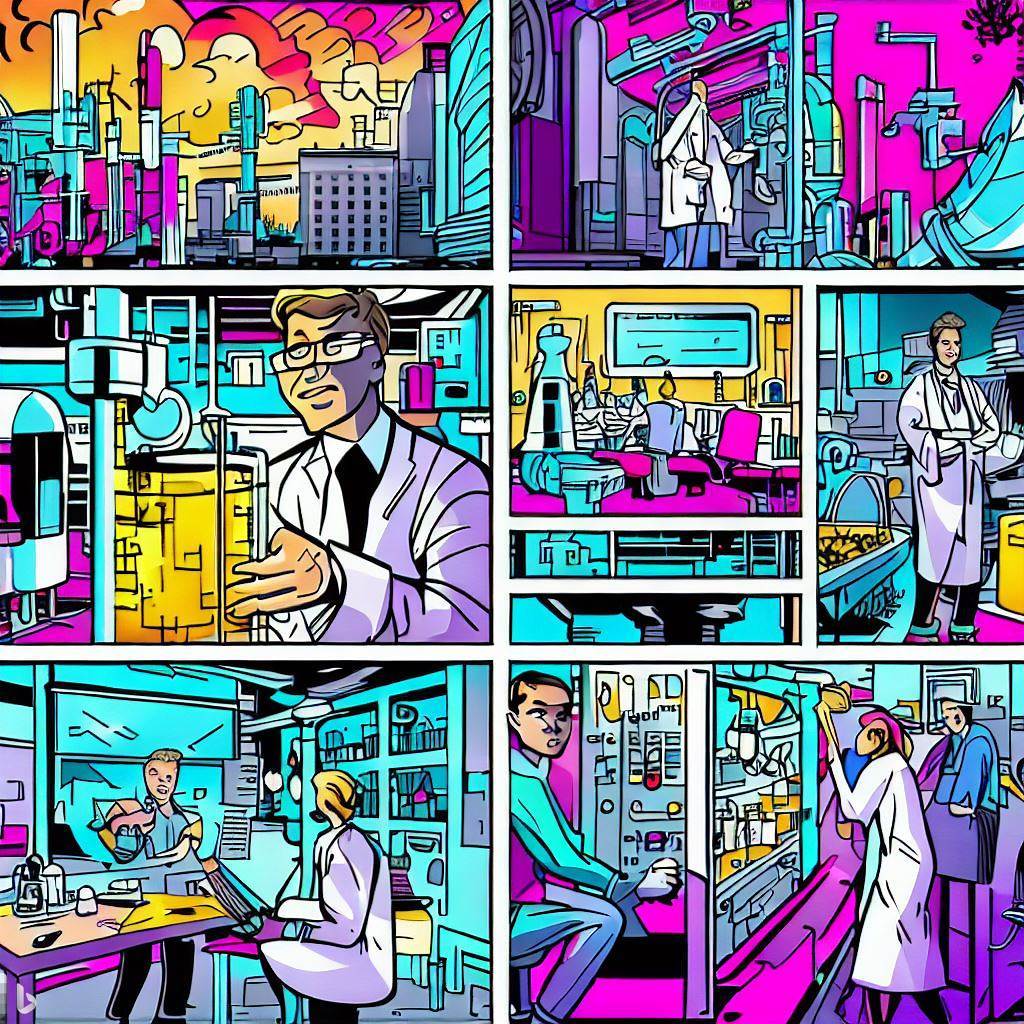 Lateral flow tests have become indispensable tools in the life sciences industry, offering rapid and cost-effective diagnostic solutions. The demand for these tests has soared in recent years, driven by the need for quick and accurate results in various healthcare, veterinary, environmental and other settings. However, with this surge in demand comes increased complexity in developing and manufacturing lateral flow assays – also often paired with limited personnel resources on hand.
Lateral flow tests have become indispensable tools in the life sciences industry, offering rapid and cost-effective diagnostic solutions. The demand for these tests has soared in recent years, driven by the need for quick and accurate results in various healthcare, veterinary, environmental and other settings. However, with this surge in demand comes increased complexity in developing and manufacturing lateral flow assays – also often paired with limited personnel resources on hand.
Consultancy services can be dedicated to supporting your lateral flow development and manufacturing. Companies can be supported to navigate the intricacies of this niche field by using expertise of external professionals. With their in-depth understanding of the topic, consultancy professionals bring valuable insights and guidance that can significantly impact the efficiency and quality of lateral flow tests development and manufacturing.
Companies ofttimes face the following unique complexities:
- assay design and optimization
- supply chain management,
- regulatory compliance,
- quality assurance,
- process scalability,
- and the integration of advanced technologies.
By partnering with consultancy experts, companies can tap into a wealth of knowledge and experience to streamline their operations, accelerate product development, and ensure efficient and conforming manufacturing.
This article will explore the specific areas where consultancy services provide support, the benefits they bring to companies, and the impact they have on driving your success.
1. The Significance of Consulting for (Lateral Flow Test) Development and Manufacturing
 Consultants can play a significant role for the successful development and manufacturing of your lateral flow tests. With their specialized knowledge and experience, consultancy professionals bring invaluable support to companies operating in this highly specialized field. Their expertise generally spans various aspects of lateral flow development and manufacturing, ranging from assay design and optimization to regulatory compliance and process scalability. Especially for demanding developments or time critical progress they can mean the difference between prosperity and failure.
Consultants can play a significant role for the successful development and manufacturing of your lateral flow tests. With their specialized knowledge and experience, consultancy professionals bring invaluable support to companies operating in this highly specialized field. Their expertise generally spans various aspects of lateral flow development and manufacturing, ranging from assay design and optimization to regulatory compliance and process scalability. Especially for demanding developments or time critical progress they can mean the difference between prosperity and failure.
Companies engaged in lateral flow development face specific challenges and intricacies that require expert guidance. This can – obviously – be generated intrinsically when there is enough expertise within the team or time to build it. On the other hand, it may be beneficial with regard to efficiency, time constrains, and costs to bring an external consultant to the team. Designing an effective lateral flow assay involves careful consideration of multiple factors, such as
- selection of appropriate capture and detection reagents,
- optimization of the test format, and
- validation of performance metrics.
Consultancy services can provide tailored solutions, helping companies navigate these challenges.
In a highly specialized industrial environment, operating within a specific field often necessitates relying on various specialists such as custom developers, contract manufacturers, shippers, designers, and more. In this scenario a consultant can act as bridge and translator between your ideas and requests and the processes and concepts at your contractors. This can protect your nerves as well as safe money due to avoidance of detours caused by misunderstandings.
Furthermore, the supply chain management for lateral flow tests can be intricate, with the need to source reliable and high-quality materials while ensuring timely availability. Consultancy services assist with their exterior view in identifying suitable suppliers, establishing robust supply chains, and managing material logistics effectively. By streamlining the supply chain, companies can reduce production delays, improve product consistency, and enhance overall manufacturing efficiency.
Regulatory compliance is another critical area where consultancy services prove indispensable. Lateral flow tests generally must adhere to stringent regulatory requirements to ensure safety, efficacy, and reliability. Consultancy experts possess a deep understanding of the regulatory landscape and can guide companies through the complex processes of obtaining necessary approvals and certifications. Their expertise minimizes the risk of non-compliance and facilitates faster market entry, saving time and resources for companies.
Engaging consultancy services in lateral flow development and manufacturing offers numerous benefits. These services bring an external perspective and fresh insights to companies, challenging existing approaches and fostering innovation. By leveraging the knowledge and experience of consultancy professionals, companies can accelerate their development timelines, reduce costs, and improve the overall quality of their lateral flow tests. Additionally, consultancy services provide access to a network of industry connections and collaborations, enhancing the company's market reach and growth opportunities.
2. Customized Assay Design and Optimization
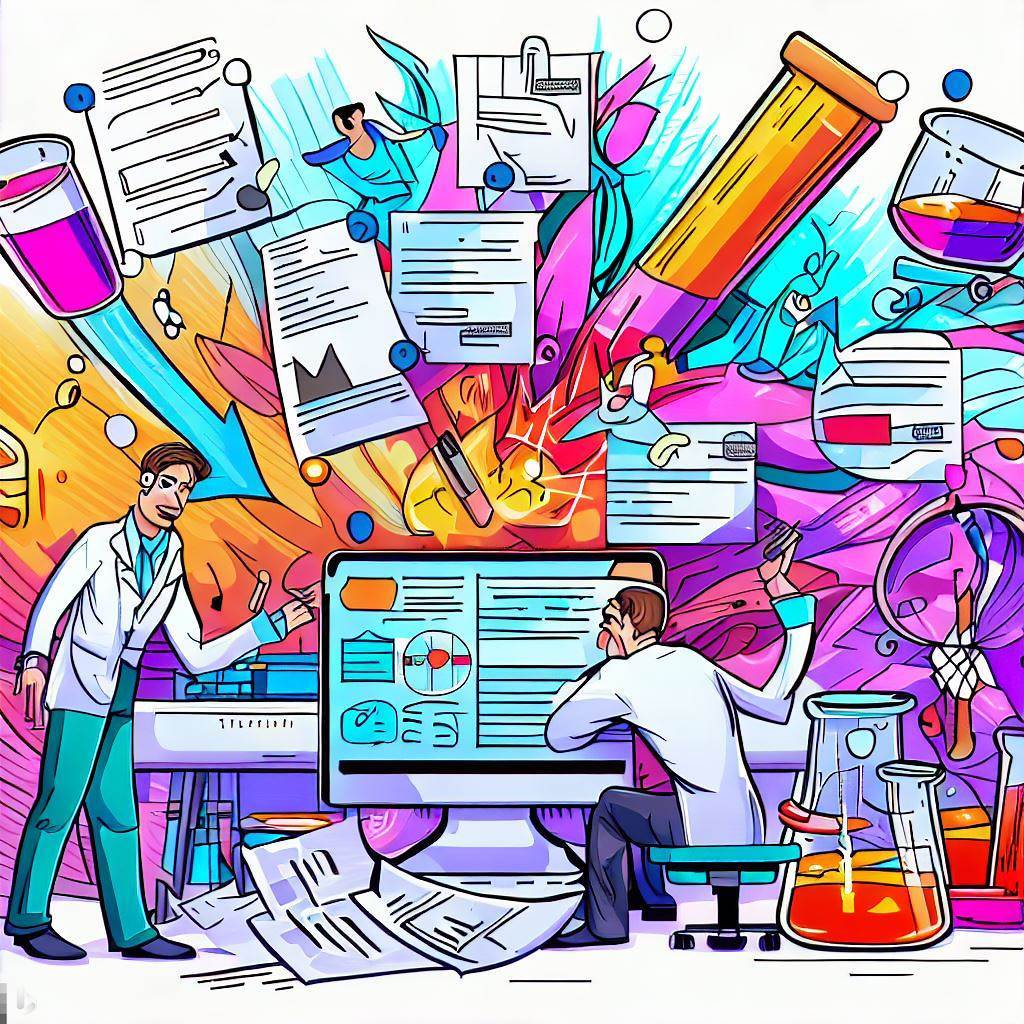 Assay design and optimization – especially matching up all components of a LF test – is a delicate task. The envisioned outcome is achieving the desired balance of sensitivity, specificity, and overall performance whilst staying time- and money-wise on budget. This necessitates careful consideration of various parameters, including but not limited to material and reagent selection, test format, and detection methods.
Assay design and optimization – especially matching up all components of a LF test – is a delicate task. The envisioned outcome is achieving the desired balance of sensitivity, specificity, and overall performance whilst staying time- and money-wise on budget. This necessitates careful consideration of various parameters, including but not limited to material and reagent selection, test format, and detection methods.
Consultants specialized in lateral flow development can tailor solutions that meet the specific requirements of the client and also manage expectations.
The impact of consultancy services in assay design and optimization is significant. Through their expertise, consultancy professionals can guide companies in
- selecting the most appropriate capture and detection reagents,
- applying the “right” materials (i.e. particles, pads, cassette and membrane),
- choosing the suitable test format,
- determine meaningful assay requirements
- design for manufacturability.
Furthermore, consultants offer insights into novel detection methods and technologies, allowing companies to stay at the forefront of innovation.
Put all this together you will benefit from accelerated development timelines and improved outcome.
3. Material Selection and Supply Chain
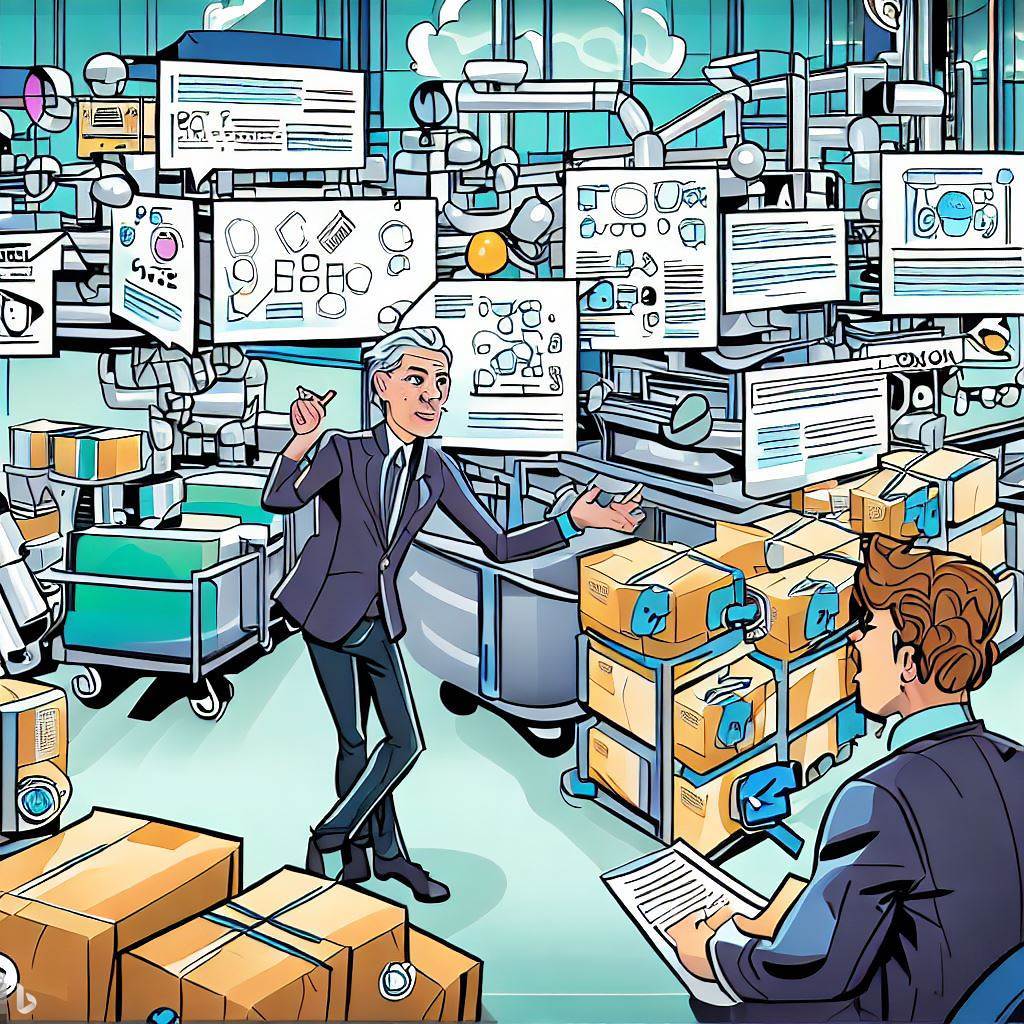 Nowadays LF tests are part of everyday’s life. This also implicates that there is an enormous variety of materials to choose from. Starting from the antibodies, to detection-particles, pads, cassette – and even the desiccant. Heaving someone – a consultant? – on the team who can at least point out a good starting point might be your best option.
Nowadays LF tests are part of everyday’s life. This also implicates that there is an enormous variety of materials to choose from. Starting from the antibodies, to detection-particles, pads, cassette – and even the desiccant. Heaving someone – a consultant? – on the team who can at least point out a good starting point might be your best option.
When you have mastered the first critical step and also avoided other cliffs on your development journey, a robust and efficient supply chain is of paramount importance in the manufacturing of lateral flow tests. However, you have to note that the foundation for this is already laid during the early development phase. The timely delivery of homogeneous, reliable and high-quality materials is necessary to ensure uninterrupted production and maintain eventually product consistency. Companies engaged in lateral flow manufacturing face the challenge of sourcing reliable suppliers, managing material logistics, and optimizing the overall supply chain.
Consultants can support you in this area due to their deep understanding of the specific requirements and nuances of the lateral flow industry. They possess extensive networks and established relationships with suppliers, enabling them to identify reliable sources of high-quality materials. Consultancy professionals can assist companies in evaluating and selecting suppliers based on criteria such as quality control measures, consistency of supply, and cost-effectiveness.
Moreover, consultants can also help establish efficient supply chain management processes, including forecasting, inventory management, and order fulfillment. This will minimize production delays and inventory shortages and, in turn, enhance manufacturing efficiency and reduce the risk for production disruption.
4. Regulatory Compliance and Quality Assurance
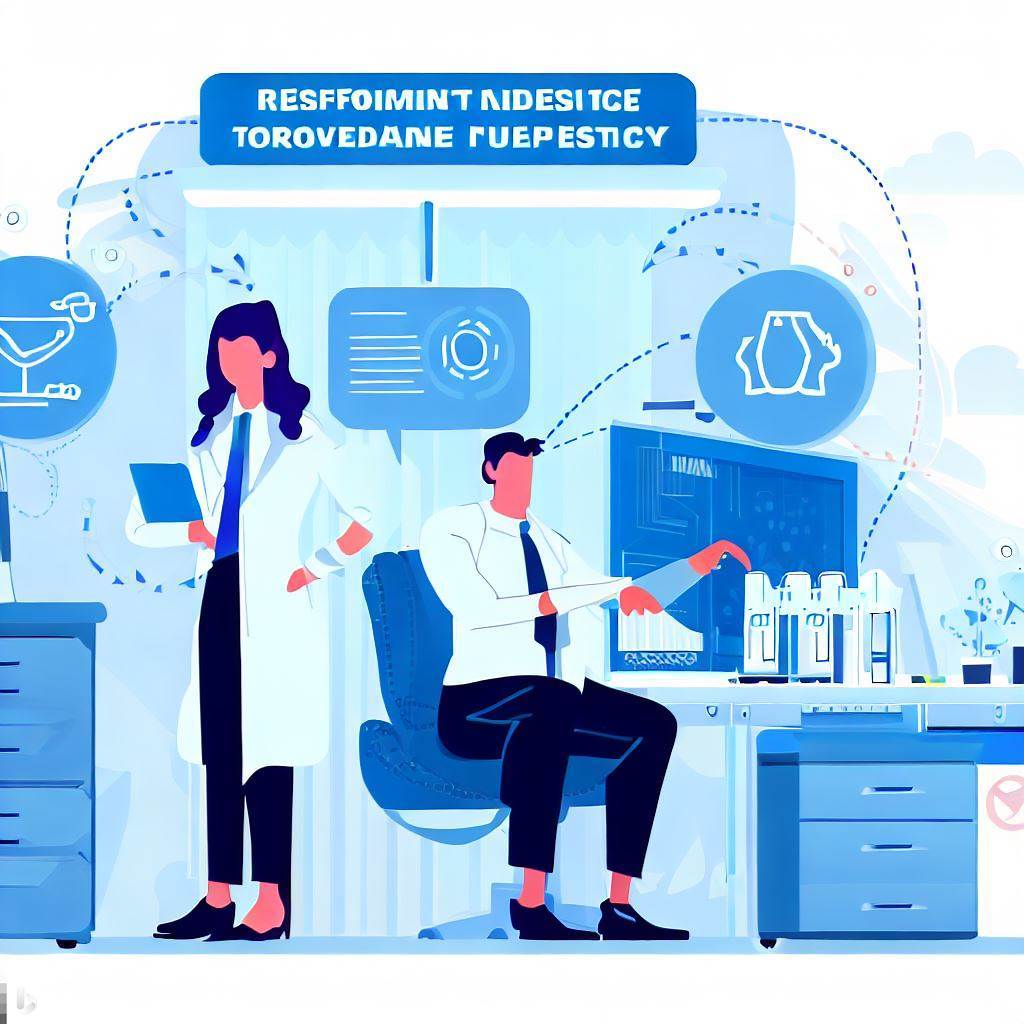 The regulatory landscape surrounding lateral flow tests is complex and ever-evolving. These tests are subject to stringent regulations and guidelines to ensure their safety, accuracy, and reliability in the field. Navigating the regulatory requirements can be a daunting task for companies engaged in lateral flow development and manufacturing. Consultants stay updated with the latest regulations and guidelines issued by regulatory authorities such as the FDA, EMA, and other relevant bodies. They guide companies through the regulatory requirements or facilitate specialized partners, assisting them in obtaining necessary approvals, registrations, and certifications.
The regulatory landscape surrounding lateral flow tests is complex and ever-evolving. These tests are subject to stringent regulations and guidelines to ensure their safety, accuracy, and reliability in the field. Navigating the regulatory requirements can be a daunting task for companies engaged in lateral flow development and manufacturing. Consultants stay updated with the latest regulations and guidelines issued by regulatory authorities such as the FDA, EMA, and other relevant bodies. They guide companies through the regulatory requirements or facilitate specialized partners, assisting them in obtaining necessary approvals, registrations, and certifications.
Yet, quality assurance is another critical aspect where consultancy services contribute significantly. Establishing effective quality assurance processes is vital to meet industry standards and ensure consistent production of high-quality lateral flow tests. This includes also establishing meaningful quality control measures, risk management protocols, and good documentation practices. Consultants can act as “friendly” auditor to identify areas of improvement and provide recommendations for enhancing quality related practices.
5. Process Scale-up and Manufacturing Efficiency
 When going from lab-scale to manufacturing scale – i.e. Scaling up phase of product development – many projects fail or are effected by costly delays. Careful planning and expertise is necessary from the beginning of a project to avoid these situations. A consultant experienced in development and manufacturing can assist you in this critical phase by paying attention to details of process optimization, scalability, and overall manufacturing efficiency.
When going from lab-scale to manufacturing scale – i.e. Scaling up phase of product development – many projects fail or are effected by costly delays. Careful planning and expertise is necessary from the beginning of a project to avoid these situations. A consultant experienced in development and manufacturing can assist you in this critical phase by paying attention to details of process optimization, scalability, and overall manufacturing efficiency.
“As head of diagnostic raw material manufacturing at a SME CDMO I was part of a project team for a groundbreaking immunodiagnostic device. Late in the development phase, when the assay and performance development was already done and an internal decision on packaging and shipment was long time taken, we had a face-to-face meeting with the customer. Besides being happy, with the already achieved milestones – and it was a very stony way – the customer presented his newly exclusively and costly designed packing. Truly, very nice to look at. But unfortunately, and clear as water to us CDMO people at the table, the overall dimension of this box would never allow for efficient stacking on a europallet. As far as I know, this product is shipped until today with more than 1/3 of the shipping volume being costly air.”
The challenges associated with scaling up lateral flow manufacturing are multifaceted. Companies must consider factors such as batch-to-batch consistency, reproducibility, and maintaining the desired performance characteristics of the tests. Moreover, as production volumes increase, ensuring efficient utilization of resources and minimizing costs become crucial objectives. Process optimization and scalability become important to meet these challenges effectively.
Consultants can help you to streamline workflows, implement lean processes, and adopt automation and advanced technologies, thereby achieving higher throughput, improved overall resource effectiveness and eventually reduced costs.
6. Technology Integration and Automation
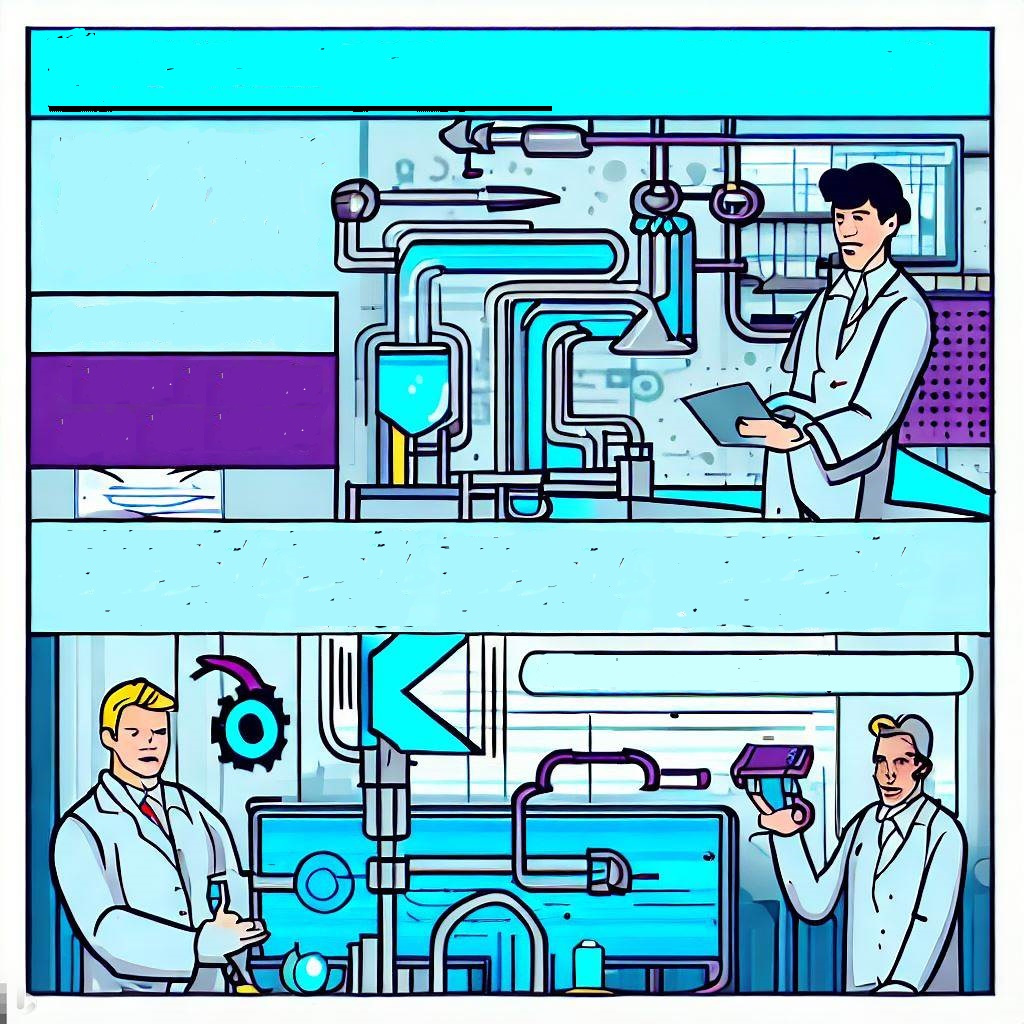 The integration of technology and automation in lateral flow development and manufacturing offers significant advantages, including improved productivity, enhanced accuracy, and increased efficiency. The implementation of advanced technologies and automation systems requires expertise and guidance, which consultancy services specializing in lateral flow development can provide.
The integration of technology and automation in lateral flow development and manufacturing offers significant advantages, including improved productivity, enhanced accuracy, and increased efficiency. The implementation of advanced technologies and automation systems requires expertise and guidance, which consultancy services specializing in lateral flow development can provide.
One of the primary advantages of technology integration and automation is the ability to streamline and accelerate processes. The implementation of electronic pipettes or even pipetting robots in development/quality control can drastically influence the time needed to perform and the quality of results of performance evaluations of lateral flow tests. Additionally, automatic- dispensing, automatic assembly and packaging eliminates manual errors and variability, leading to higher accuracy and reproducibility. Automated systems can enable faster processing times, they almost always enable for higher output volume, allowing companies to meet increasing demand and potentially reduce time-to-market. Consultants can help identify potentials for technology integration in your processes, also help avoiding unnecessary investments and support with validation.
By embracing technology integration and automation with the assistance of consultancy services, companies can stay at the forefront of innovation in lateral flow development and manufacturing. They can leverage advanced systems and technologies to enhance accuracy, efficiency, and scalability. Ultimately, this results in improved productivity, higher-quality lateral flow tests, and a competitive edge in the market.
“Machines don’t get tired”
Conclusion
In conclusion, consulting services can play an important role in facilitating the success of lateral flow development and manufacturing. With the help of the expertise of consultancy professionals, companies can overcome the complexities and challenges inherent in this specialized field. The key takeaways from engaging consultancy services include:
- Assay design and optimization: Consultants offer tailored solutions to achieve the desired balance of sensitivity, specificity, and overall assay performance. They guide companies in selecting appropriate reagents, optimizing test formats, and ensuring meaningful assay requirements.
- Supply chain and material selection: Consultants assist in identifying reliable suppliers, establishing robust supply chains, and managing material logistics effectively. This ensures timely availability of high-quality materials, reduces production delays, and enhances overall manufacturing efficiency.
- Regulatory compliance and quality assurance: Consultants possess a deep understanding of the regulatory landscape and guide companies through the complex processes of obtaining necessary approvals and certifications. They help establish effective quality assurance processes to meet industry standards, minimize non-compliance risks, and facilitate faster market entry.
- Process scale-up and manufacturing efficiency: Consultants provide expertise in process optimization, scalability, and resource utilization. By streamlining workflows, implementing lean processes, and embracing automation and advanced technologies, companies can achieve higher throughput, improved resource effectiveness, and reduced costs.
- Technology integration and automation: Consultants assist in identifying opportunities for technology integration and automation, improving productivity, accuracy, and efficiency. Embracing advanced systems and technologies enables companies to stay at the forefront of innovation, enhance scalability, and gain a competitive edge.
Engaging consultancy services offers numerous benefits, including accelerated development timelines, reduced costs, improved product quality, and access to a network of industry connections. By capitalizing on consultancy expertise, companies can navigate the intricate landscape of lateral flow development and manufacturing with confidence, accelerating their ROI.
If you like to evaluate where I can support you best, then don’t hesitate to contact me and book a meeting. Share your own experiences, ideas, or challenges related to lateral flow test development and manufacturing and send me a message.
Disclaimer: All Pictures and Sketches were produced by AI Bing Image Creator.






 Assay design and optimization – especially matching up all components of a LF test – is a delicate task. The envisioned outcome is achieving the desired balance of sensitivity, specificity, and overall performance whilst staying time- and money-wise on budget. This necessitates careful consideration of various parameters, including but not limited to material and reagent selection, test format, and detection methods.
Assay design and optimization – especially matching up all components of a LF test – is a delicate task. The envisioned outcome is achieving the desired balance of sensitivity, specificity, and overall performance whilst staying time- and money-wise on budget. This necessitates careful consideration of various parameters, including but not limited to material and reagent selection, test format, and detection methods. Nowadays LF tests are part of everyday’s life. This also implicates that there is an enormous variety of materials to choose from. Starting from the antibodies, to detection-particles, pads, cassette – and even the desiccant. Heaving someone – a consultant? – on the team who can at least point out a good starting point might be your best option.
Nowadays LF tests are part of everyday’s life. This also implicates that there is an enormous variety of materials to choose from. Starting from the antibodies, to detection-particles, pads, cassette – and even the desiccant. Heaving someone – a consultant? – on the team who can at least point out a good starting point might be your best option. The regulatory landscape surrounding lateral flow tests is complex and ever-evolving. These tests are subject to stringent regulations and guidelines to ensure their safety, accuracy, and reliability in the field. Navigating the regulatory requirements can be a daunting task for companies engaged in lateral flow development and manufacturing. Consultants stay updated with the latest regulations and guidelines issued by regulatory authorities such as the FDA, EMA, and other relevant bodies. They guide companies through the regulatory requirements or facilitate specialized partners, assisting them in obtaining necessary approvals, registrations, and certifications.
The regulatory landscape surrounding lateral flow tests is complex and ever-evolving. These tests are subject to stringent regulations and guidelines to ensure their safety, accuracy, and reliability in the field. Navigating the regulatory requirements can be a daunting task for companies engaged in lateral flow development and manufacturing. Consultants stay updated with the latest regulations and guidelines issued by regulatory authorities such as the FDA, EMA, and other relevant bodies. They guide companies through the regulatory requirements or facilitate specialized partners, assisting them in obtaining necessary approvals, registrations, and certifications. When going from lab-scale to manufacturing scale – i.e. Scaling up phase of product development – many projects fail or are effected by costly delays. Careful planning and expertise is necessary from the beginning of a project to avoid these situations. A consultant experienced in development and manufacturing can assist you in this critical phase by paying attention to details of process optimization, scalability, and overall manufacturing efficiency.
When going from lab-scale to manufacturing scale – i.e. Scaling up phase of product development – many projects fail or are effected by costly delays. Careful planning and expertise is necessary from the beginning of a project to avoid these situations. A consultant experienced in development and manufacturing can assist you in this critical phase by paying attention to details of process optimization, scalability, and overall manufacturing efficiency. The integration of technology and automation in lateral flow development and manufacturing offers significant advantages, including improved productivity, enhanced accuracy, and increased efficiency. The implementation of advanced technologies and automation systems requires expertise and guidance, which consultancy services specializing in lateral flow development can provide.
The integration of technology and automation in lateral flow development and manufacturing offers significant advantages, including improved productivity, enhanced accuracy, and increased efficiency. The implementation of advanced technologies and automation systems requires expertise and guidance, which consultancy services specializing in lateral flow development can provide.
